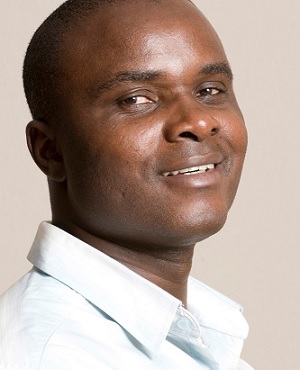
Philemon Hlungwani
Phillemon Hlungwani is recognised as one of the most accomplished contemporary artists now working in South Africa. Known predominantly for his large-scale charcoal drawings depicting scenes from rural life and formal and informal settlements, his work is rooted deeply in a sense of community and the traditional values that endure there. Many of his recent drawings include proverbs in his first language – xiTsonga – as titles. These proverbs are often difficult to translate into English but they communicate an essential moral idea – showing how members of a particular community are either sustaining or betraying the values of the people living there. The people are inseparable from their environment, although his more recent images have introduced colour into the clothing of his protagonists to help them stand out in all their vibrancy and humanity. The scenes he depicts are usually full of motion and life – the characters bursting with thoughts, opinions and yearnings, which are communicated further through the arcs and lines that weave the different parts of each drawing together. Everything is connected. There is no distinction between the internal or the external, the animate or inanimate, the material or the spiritual. As a boy, Hlungwani used to herd goats and cattle and look after chickens – and this relationship with the animal world is often present in his work. Trees were also a source of shade and food – both for animals and people – as well as providing places for community debates, ceremonies and prayer. Sometimes, as in the work entitled Vutlarhi bya lava kulu ka hina (The Wisdom of the Old People), trees embody and stand for the human – carrying in their roots and leaves and fruit all that has passed beneath them. Hlungwani is suggesting throughout his work that people who live in the simplest places with few possessions can still lead good, dignified lives and remain happy. They may have places to go and things to do, but they know who they are – where they have come from and where they are going.
